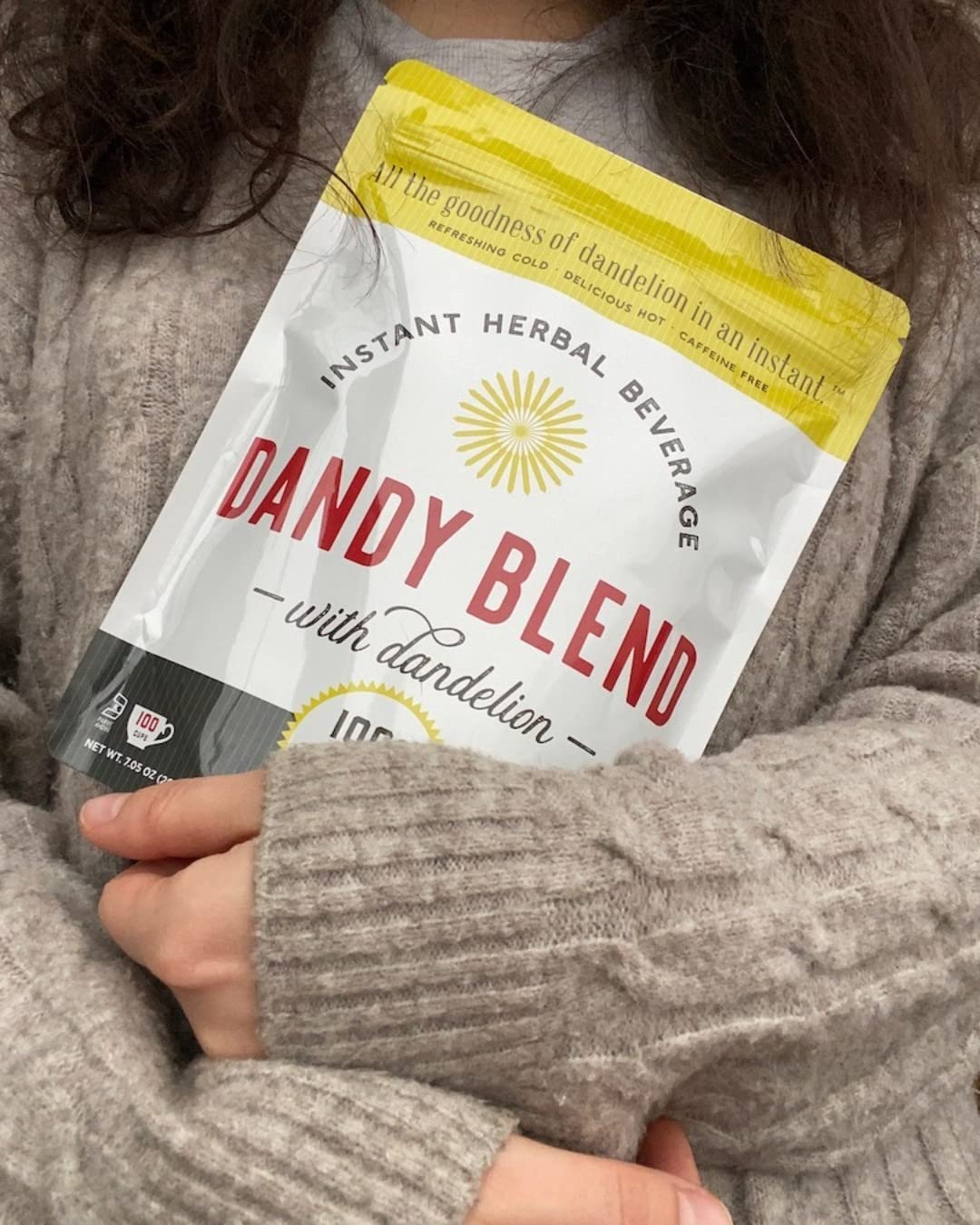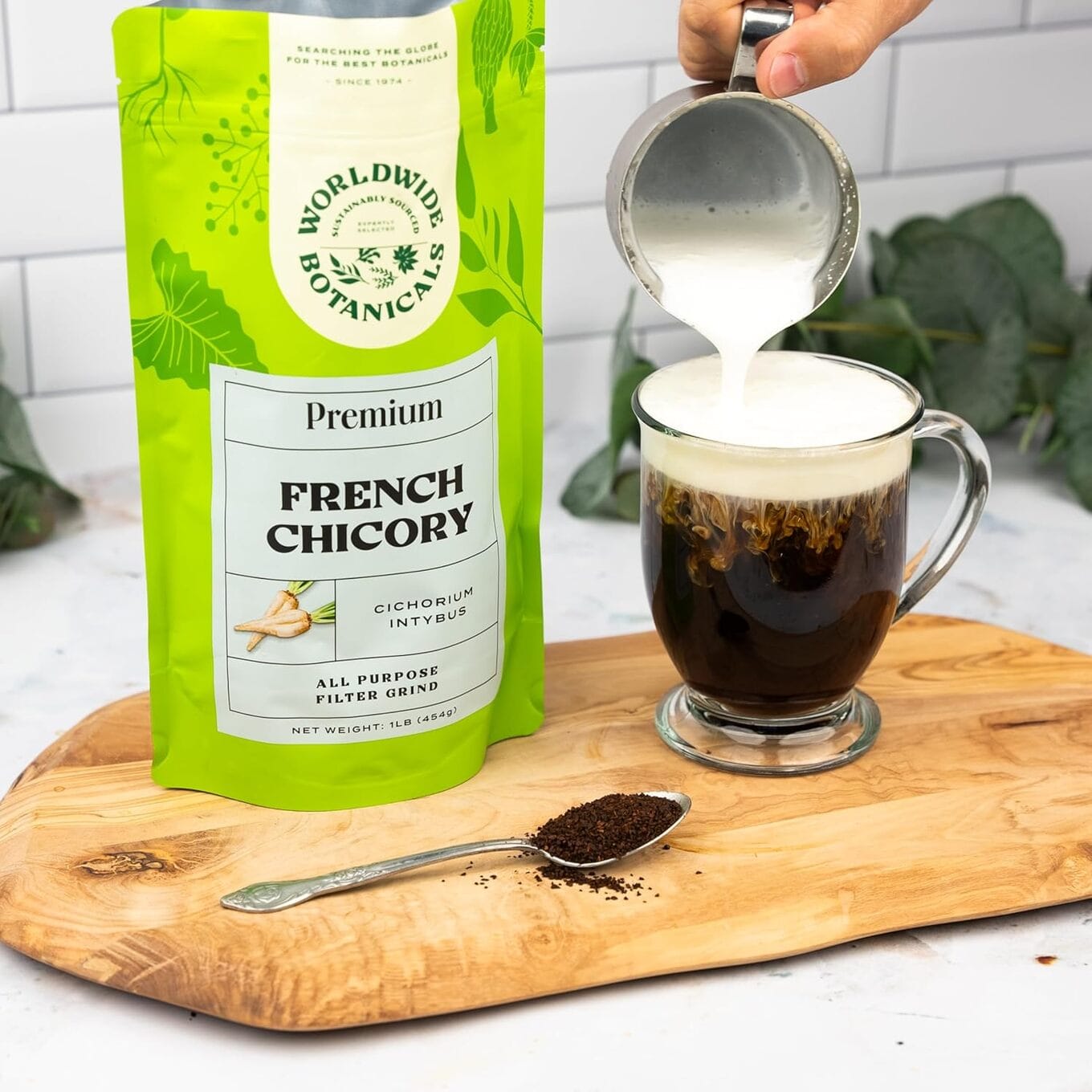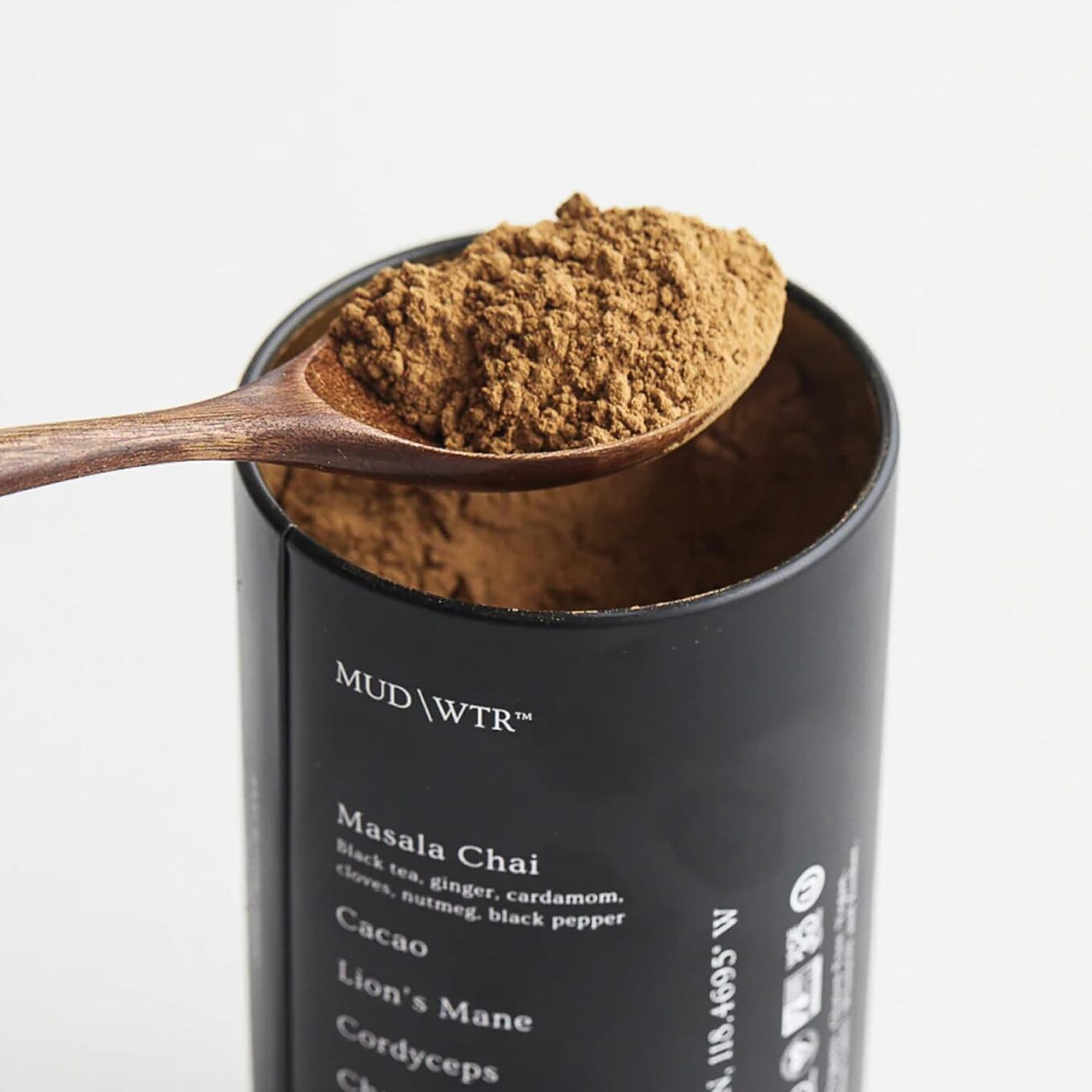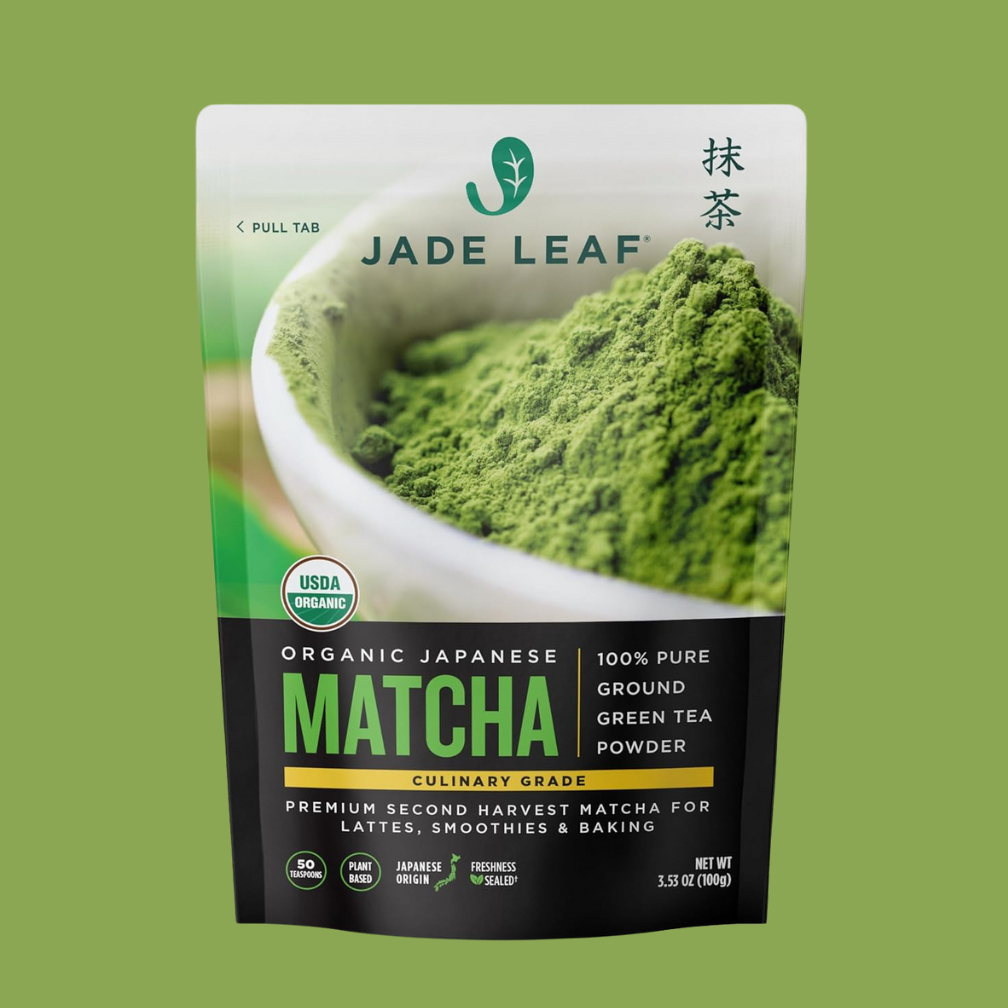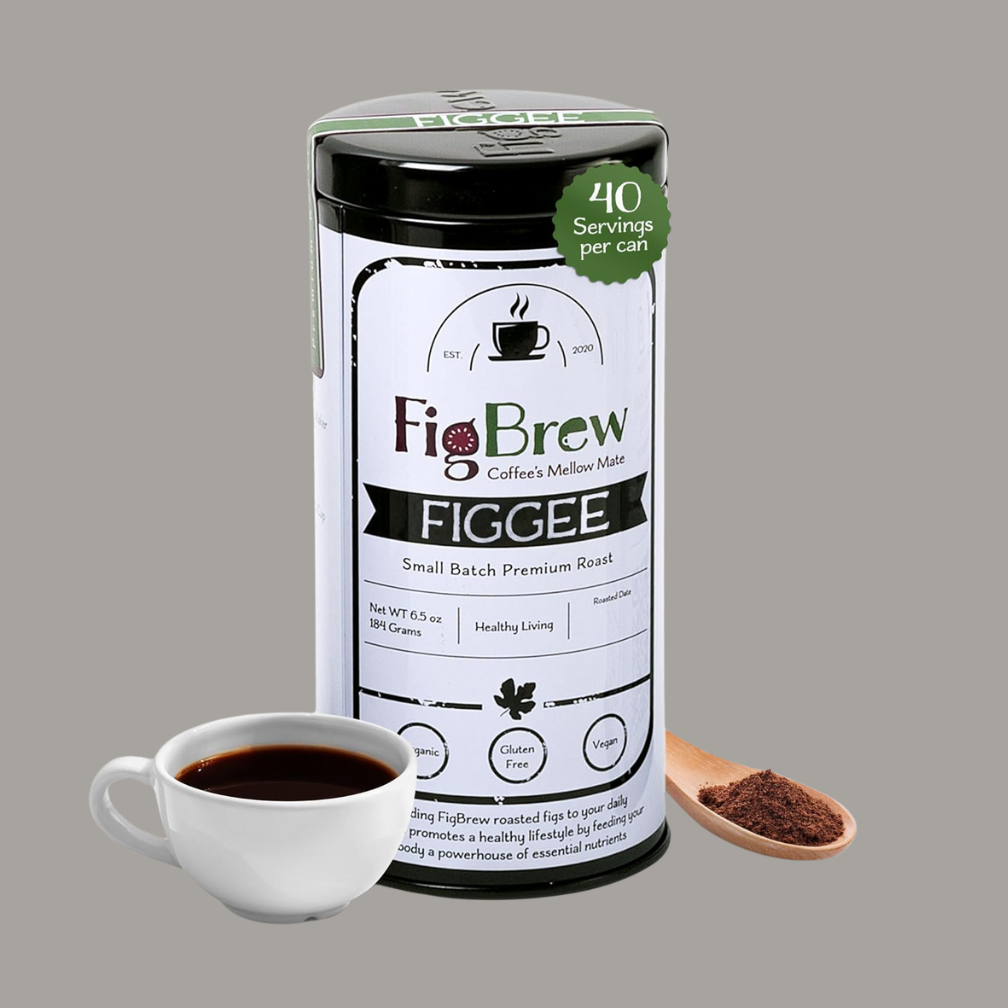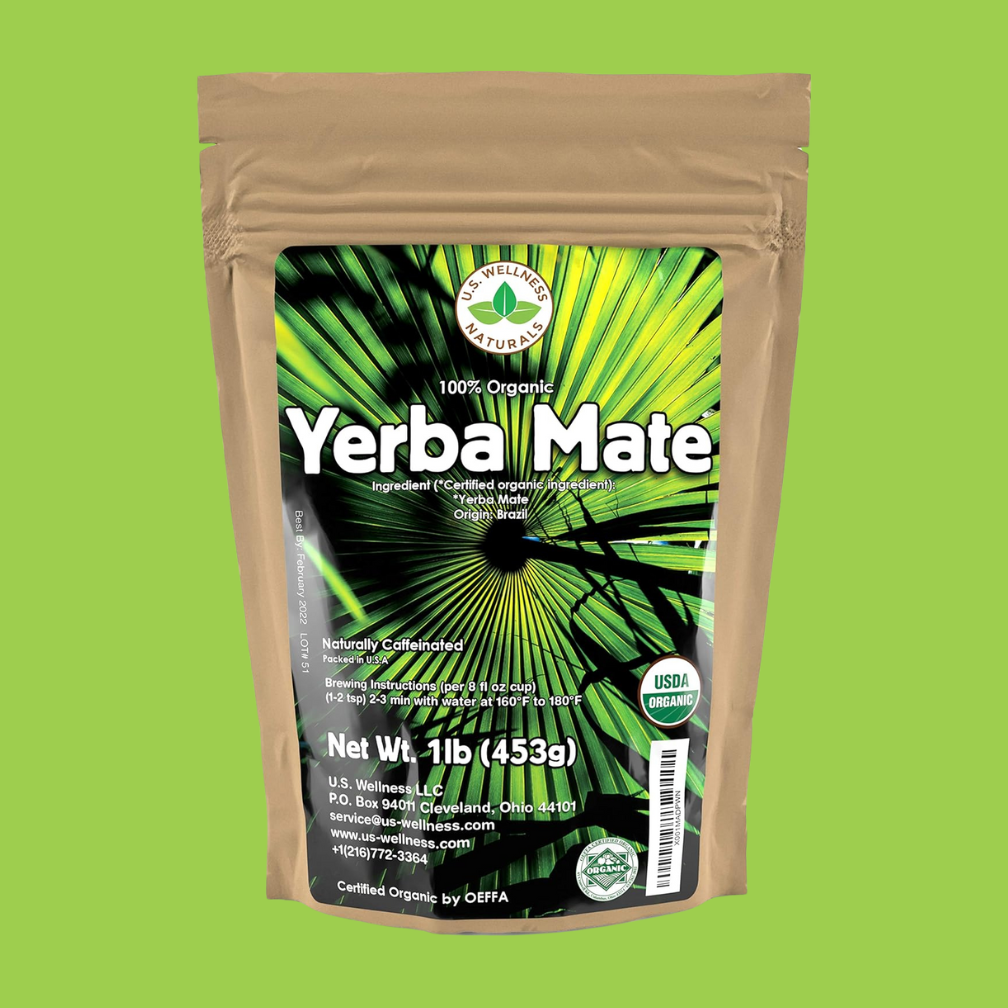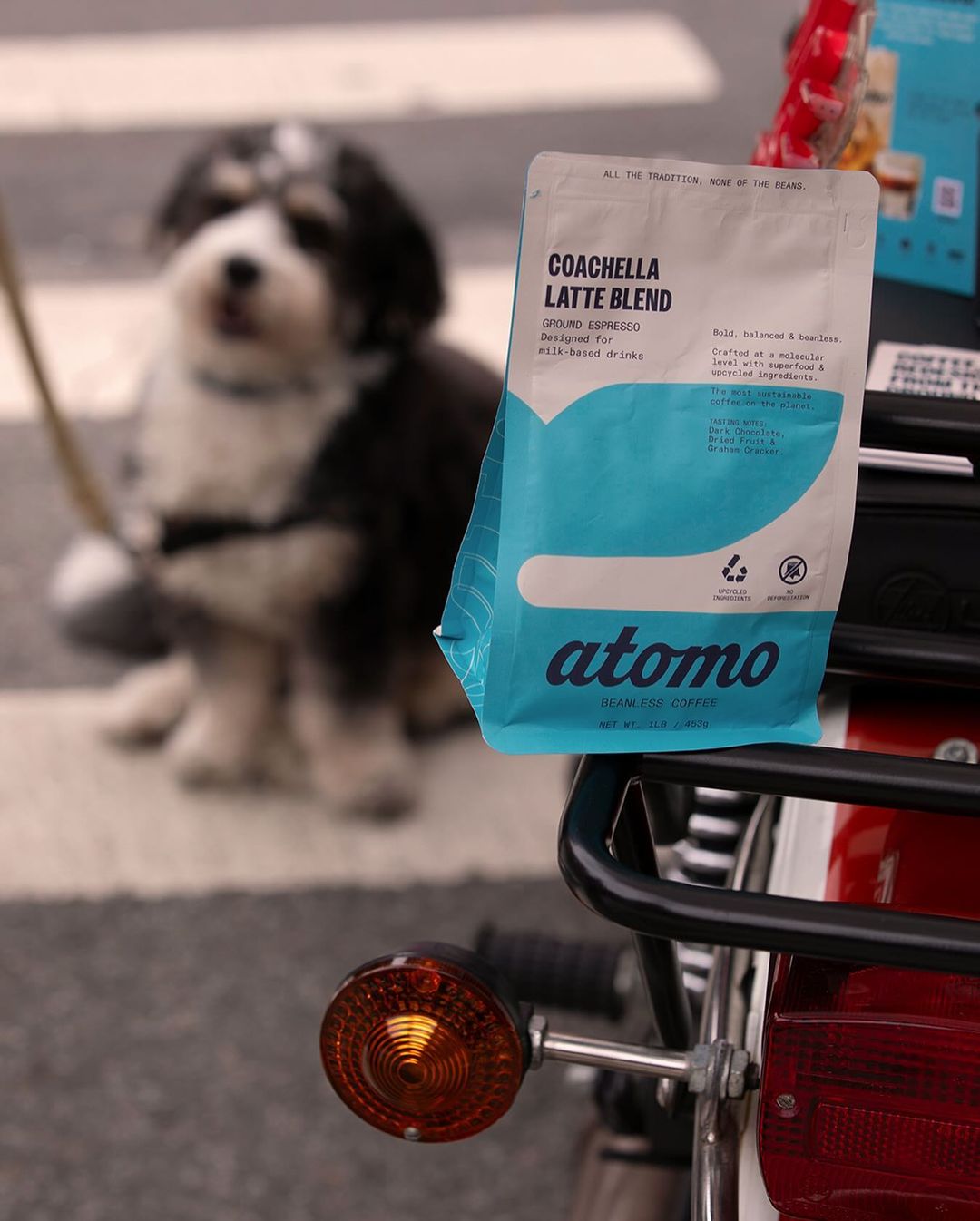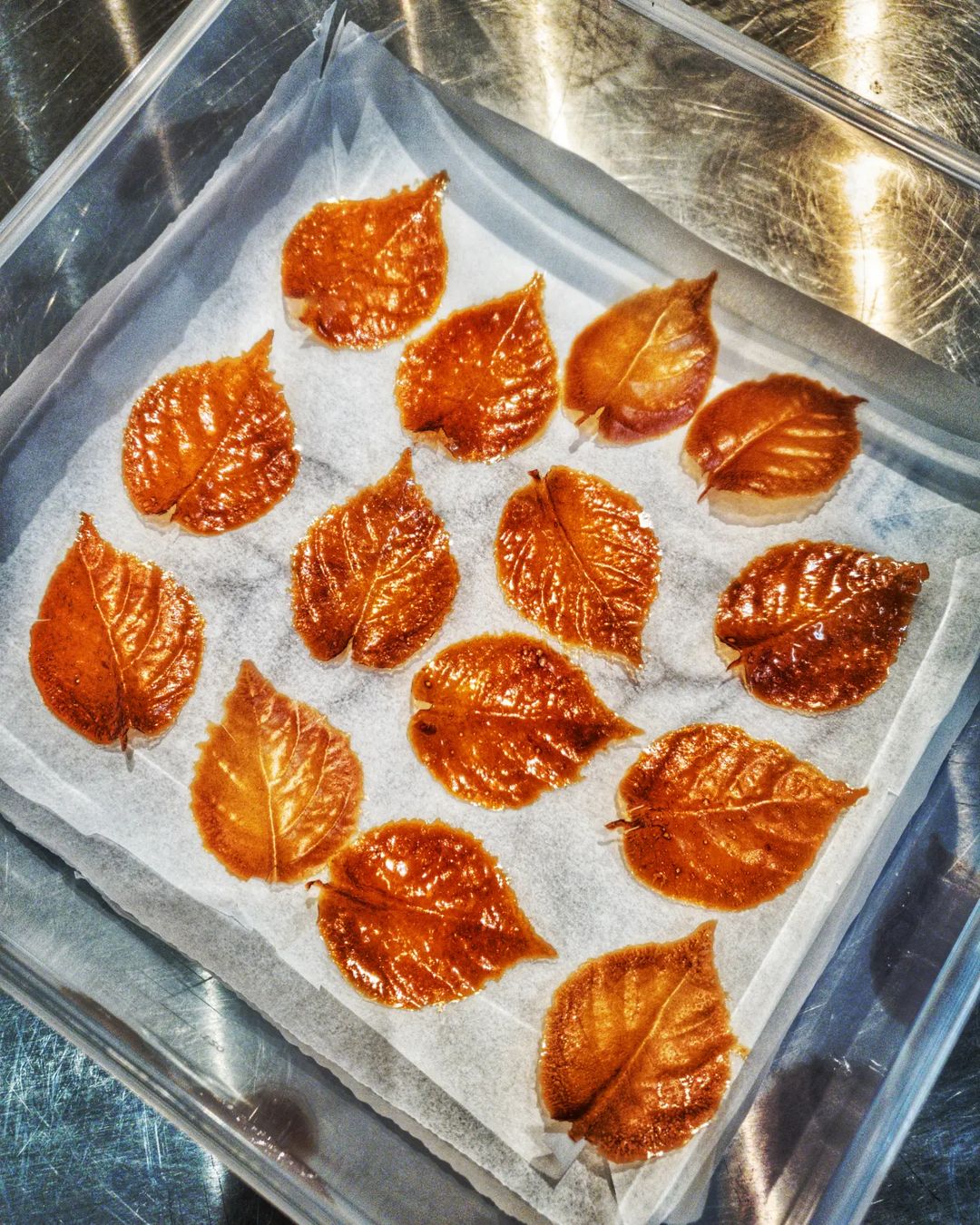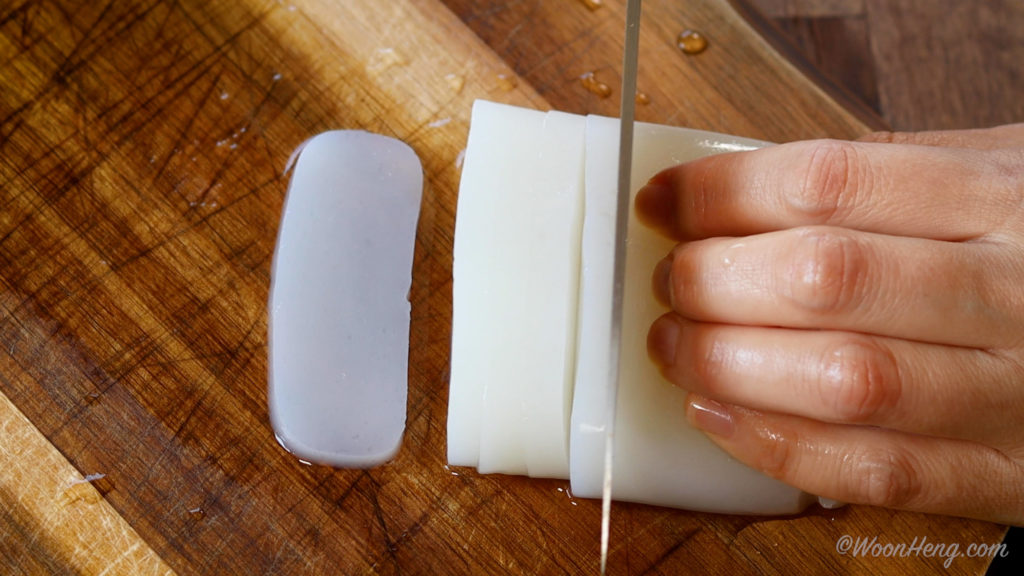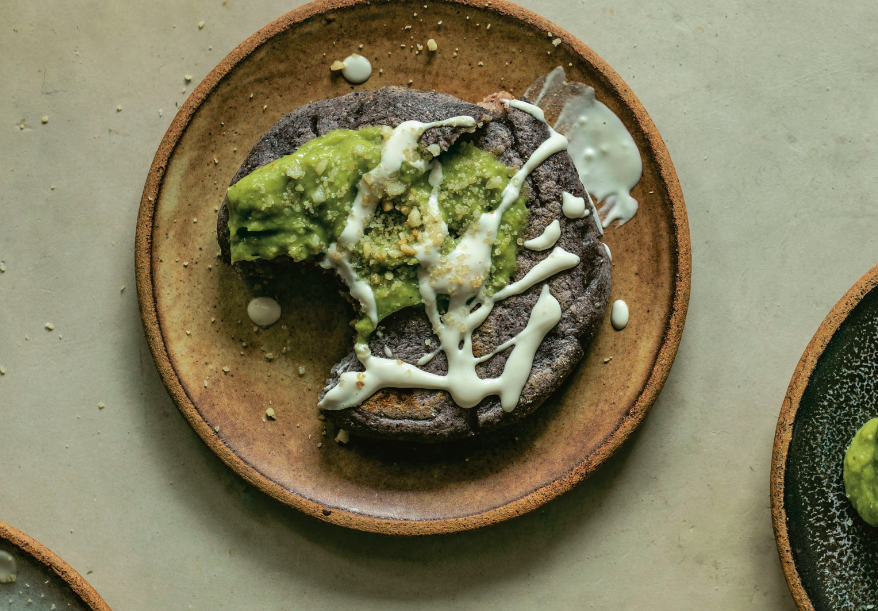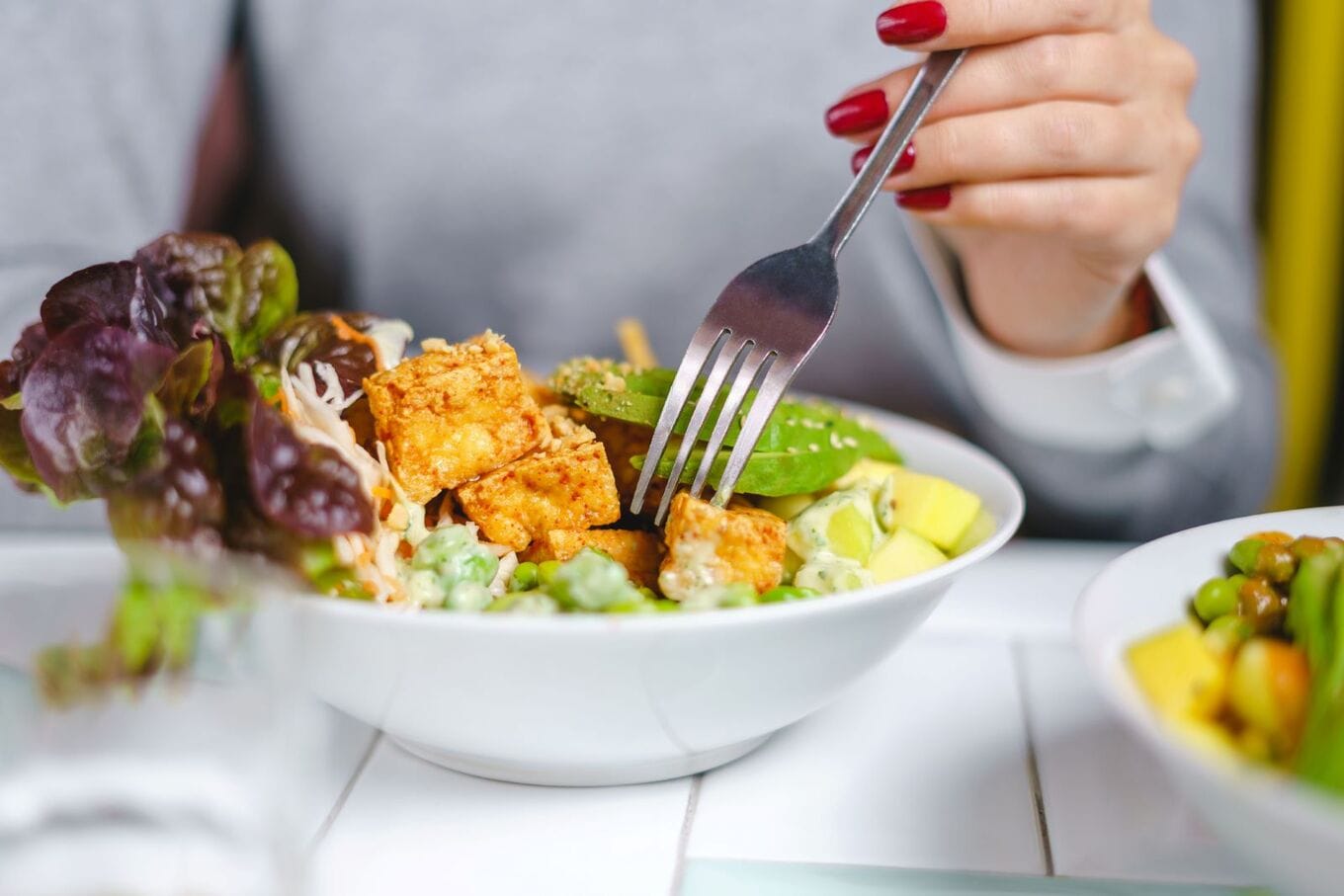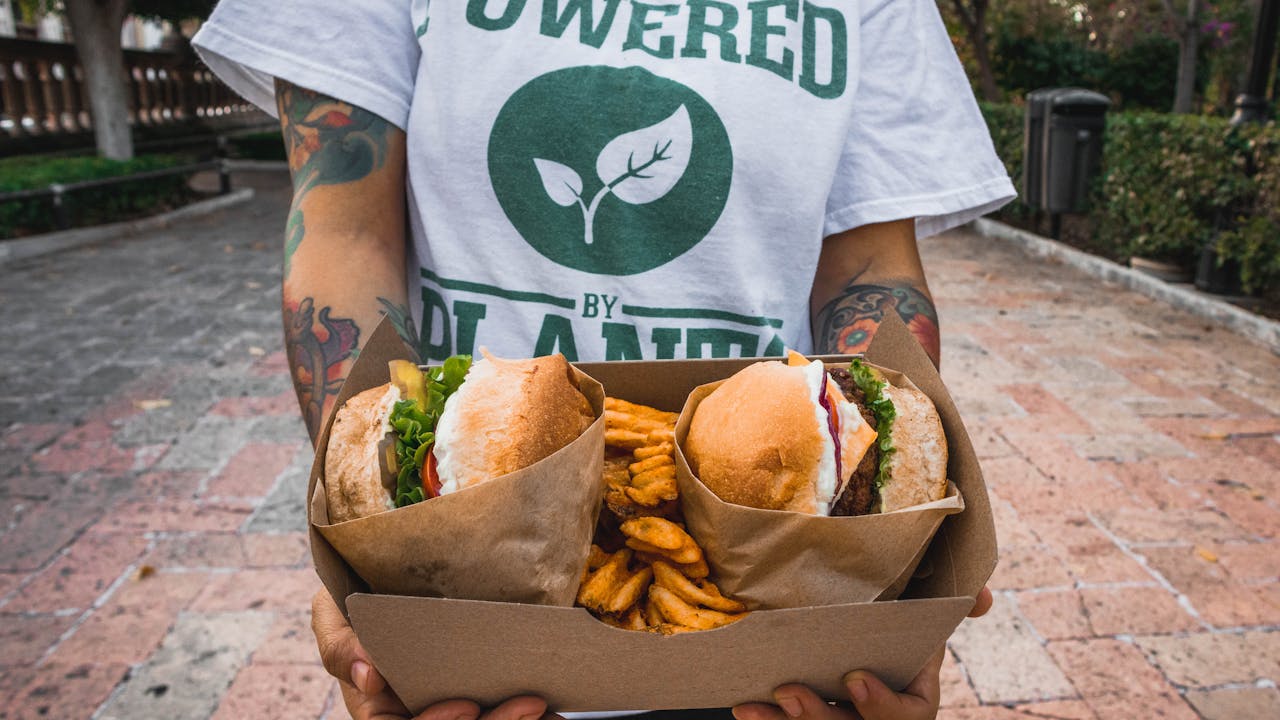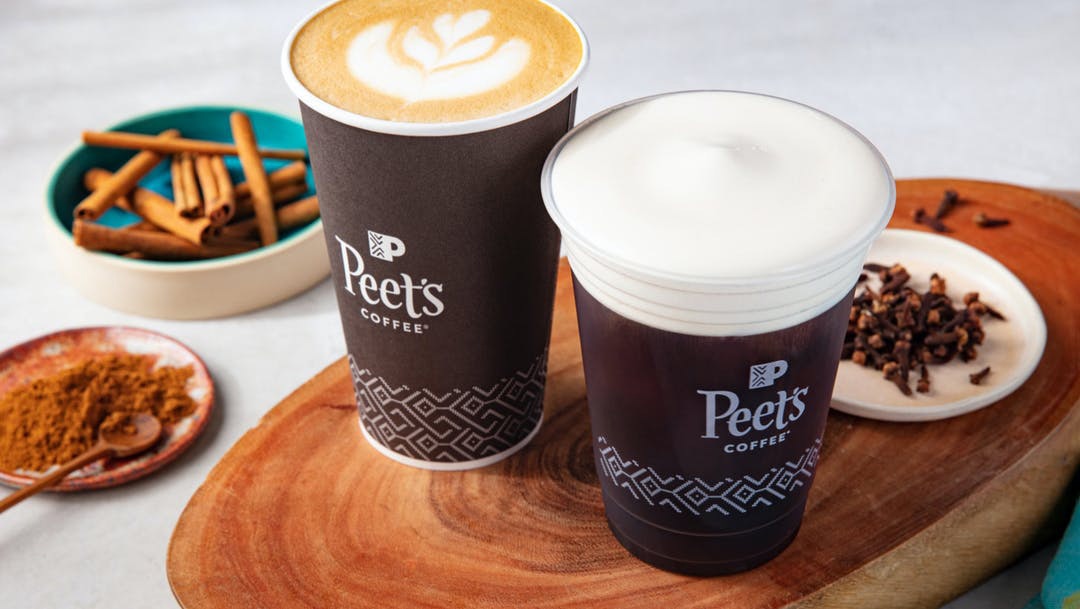Most of us start the day with a big steaming mug of coffee, a small, sophisticated cup of espresso, or a creamy, frothy cappuccino. Coffee is a big deal—nearly three in four Americans drink it daily, with more than 35 percent consuming three to five cups. Coffee is so ingrained in our routines that many find it difficult to get through the day without it. Signs of caffeine addiction can include fatigue, drowsiness, and difficulty concentrating.
Research suggests that moderate coffee consumption (up to 400 milligrams of caffeine per day) is generally safe and may even offer health benefits. However, 10 percent of coffee drinkers believe they need to cut back. If you’re among them and want to replace your morning cup of Joe, you’re in luck. There are many delicious coffee alternatives available. Below, we’ve rounded up some of the top choices to consider.
Table of Contents
Why replace coffee?
While coffee has its benefits, it doesn’t affect everyone the same way. Some people experience jitters, anxiety, or insomnia. Additionally, coffee’s acidity can exacerbate acid reflux, and it may increase heart rate and blood pressure. According to UC Davis Health, caffeine stimulates the release of noradrenaline and norepinephrine, which can affect heart rate and blood pressure.
“Many individuals do not see an increase in heart rate with caffeine intake, especially those who drink caffeinated beverages routinely,” the university notes. “For them, there is no inherent medical risk in consuming caffeine. But people with serious heart rhythm disorders should avoid caffeine as it may worsen their condition.”
Pexels
Another reason some people seek to replace coffee is pregnancy. According to 2021 research from the National Institutes of Health, caffeine may cause blood vessels in the uterus and placenta to constrict, which may reduce the blood supply to the fetus.
“Until we learn more, our results suggest it might be prudent to limit or forego caffeine-containing beverages during pregnancy,” Katherine Laughon Grantz, MD, MS, said in a statement. “It’s also a good idea for women to consult their physicians about caffeine consumption during pregnancy.”
What is the best replacement for coffee? 9 alternatives to check out
Whatever your reason for giving up coffee, we’ve rounded up some of the best alternatives to help you find the perfect swap (some with caffeine and some without).
Best dandelion-based coffee alternative: Dandy Blend Instant Herbal Beverage
Dandelion coffee is a caffeine-free beverage made from the roasted roots of dandelion plants. It’s loved for its rich, earthy, slightly bitter flavor, and its health benefits. In fact, research suggests that dandelions are rich in vitamins A, B, C, and D, as well as iron, potassium, and zinc. When it comes to dandelion beverages, there are plenty of options on the market, but for many, Dandy Blend’s Instant Herbal Beverage is a favorite.
The coffee-like blend is made with a mix of dandelion root, chicory root, barley, and rye, and while it’s caffeine, it looks just like coffee granules and it has a pleasantly smooth texture. “I really missed the flavor of coffee, so I ordered some Dandy Blend, and I’ve gotta say that I love it,” said one Reddit user in a thread about quitting caffeine. “I made a mock latte and I feel great.”
Another pleased customer wrote on Amazon: “This is just too delicious. It tastes like a smooth mocha latte or cappuccino. Such a great flavor and it mixes well. No clumps.”
$27.99 ON Amazon
Best chicory root coffee alternative: Worldwide Botanicals French Chicory Root
Similar to dandelion coffee, chicory root coffee is made from, you guessed it, the roasted roots of the chicory plant (which is also in the dandelion family). When it’s ground, chicory root has an earthy flavor, with a slightly nutty undertone. It’s not quite as coffee-like as some other options on the market, and some find it to be too bitter or too tough on their digestive system (be mindful when trying it for the first time!), but others enjoy it when it’s mixed with creamer.
“I like it! If you add cream and vanilla it tastes like coffee with creamer,” said one Reddit user about chicory root coffee. Another added: “I’ve used it even before I tapered my caffeine use, as an afternoon style coffee drink. Hits the spot for me.”
One of the most popular chicory root coffee blends is from Worldwide Botanicals, which can be brewed in a French press, just like one you’d use for coffee. One Amazon reviewer said earlier this year: “I put a smaller than recommended amount (because I don’t need it real strong) in my French press, add half and half, and it is delicious. It tastes very fresh, a good size for the price, and I am about to order more.”
$9.99 on Amazon
Best mushroom-based coffee alternative: Mud/Wtr Mushroom Coffee Alternative Original Blend
Mushroom coffee—which is usually made with a blend of functional mushrooms like chaga, lion’s mane, and reishi—has soared in popularity in recent years. In fact, in 2022, the global mushroom coffee market exceeded $2.7 billion.
“One reason for the growing demand for mushroom coffee is the increasing interest in natural and holistic health remedies,” notes Grand View Research. “Many people are turning to natural supplements and foods to support their health and wellness, and mushrooms have long been used in traditional medicine for their potential health benefits.”
One of the most popular brands of mushroom-based coffee on the market is Mud/Wtr’s Original Blend, which combines ingredients like masala chai with cacao, lion’s mane, cordyceps, chaga, reishi, cinnamon, turmeric, and Himalayan salt to create a smooth, energizing drink that, some people believe, tastes even better than coffee. It might take a few drinks of it before you’re converted though.
“I’m on my second month of using it every day, and I love it,” said one Redditor. “Flavor is excellent, though if I remember right I didn’t exactly think so at first. Might have taken some time to grow on me. Now I look forward to it every day, more than I did coffee.”
$49.99 on Amazon
Best caffeine-rich coffee alternative: Jade Leaf Organic Japanese Matcha
If you don’t want caffeine, look away now. Matcha is a type of powdered green tea that originates from Japan and is known for its vibrant green color, rich flavor, and high caffeine content. It differs from coffee, though, because it also contains catechins, which are powerful antioxidants. Plus it contains L-theanine, a naturally occurring amino acid that may help to reduce stress and improve focus without making you feel drowsy.
There are many different matcha options available, but Jade Lead’s Organic Japanese Matcha is a popular choice. In fact, the brand is actually the number one matcha brand in the US. Its 100 percent organic, top-quality matcha is sourced from family-owned partner farms across the Uji and Kagoshima regions in Japan.
“I’ve tried several brands of matcha over the years, but this is my all-time favorite,” said one Amazon reviewer. “Matcha contains L-Theanine, which mellows you out and honestly is just the best thing ever! It also contains caffeine, so it gives you energy. The two things working together [are] like a natural speedball!”
$24.95 on Amazon
Best coffee alternative for gut health: FigBrew Figgee Superfood Coffee Alternative
Figs are known for their digestive benefits. They’re a good source of dietary fiber, which helps to support healthy digestion and add bulk to stool, which in turn, helps to keep bowel movements regular and firm. It also works as a prebiotic, which helps to feed the healthy bacteria in our guts.
If you don’t want to eat figs, another option is to drink them. This Superfood Coffee Alternative from Figbrew, which is made with roasted figs, is 100 percent organic and has a pleasant fruity flavor. The flavor is not quite like coffee, but many fans comment on how tasty it is in its own right.
“It mimics a cup of coffee while being distinctly its own in fig flavor,” said one pleased Amazon customer. They added: “I like that Figgee requires me to brew as if it were coffee—it’s part of the added experience of preparing a beverage that I’ve been accustomed to enjoying—a pour-over cup of coffee.”
$17.99 on Amazon
Best energizing coffee alternative: U.S Wellness Naturals Yerba Mate Tea
Yerba mate is a traditional South American beverage made from the dried leaves of the yerba mate plant. It’s long been popular in countries where the plant is native, like Argentina, Brazil, and Paraguay, but it’s also gained popularity in the West as an energizing coffee alternative. This is because, much like coffee, yerba mate is stimulating, but many find it to be a smoother, more sustained energy boost than the one they get from coffee.
“The main reason I started drinking yerba is [because] I had a sensitivity to caffeine and coffee would take my breath away and make me jittery but I can drink yerba no problem,” said one Redditor. Another added: “I still drink coffee and tea, but for some reason, [yerba mate] is the only thing that actually wakes me up a little bit. Like, coffee and tea straight up do nothing to me, I just like the taste. But mate can make me go from a tired state to a slightly less tired when I need it.”
There are many different yerba mate options to choose from, but one of the most popular, with nearly 20,000 reviews on Amazon, is this certified organic blend from U.S. Wellness Naturals. It is made with plants from the Brazillian rainforest, which are sourced through a sustainable cooperative of yerba mate cultivators in Brazil.
$22.99 on Amazon
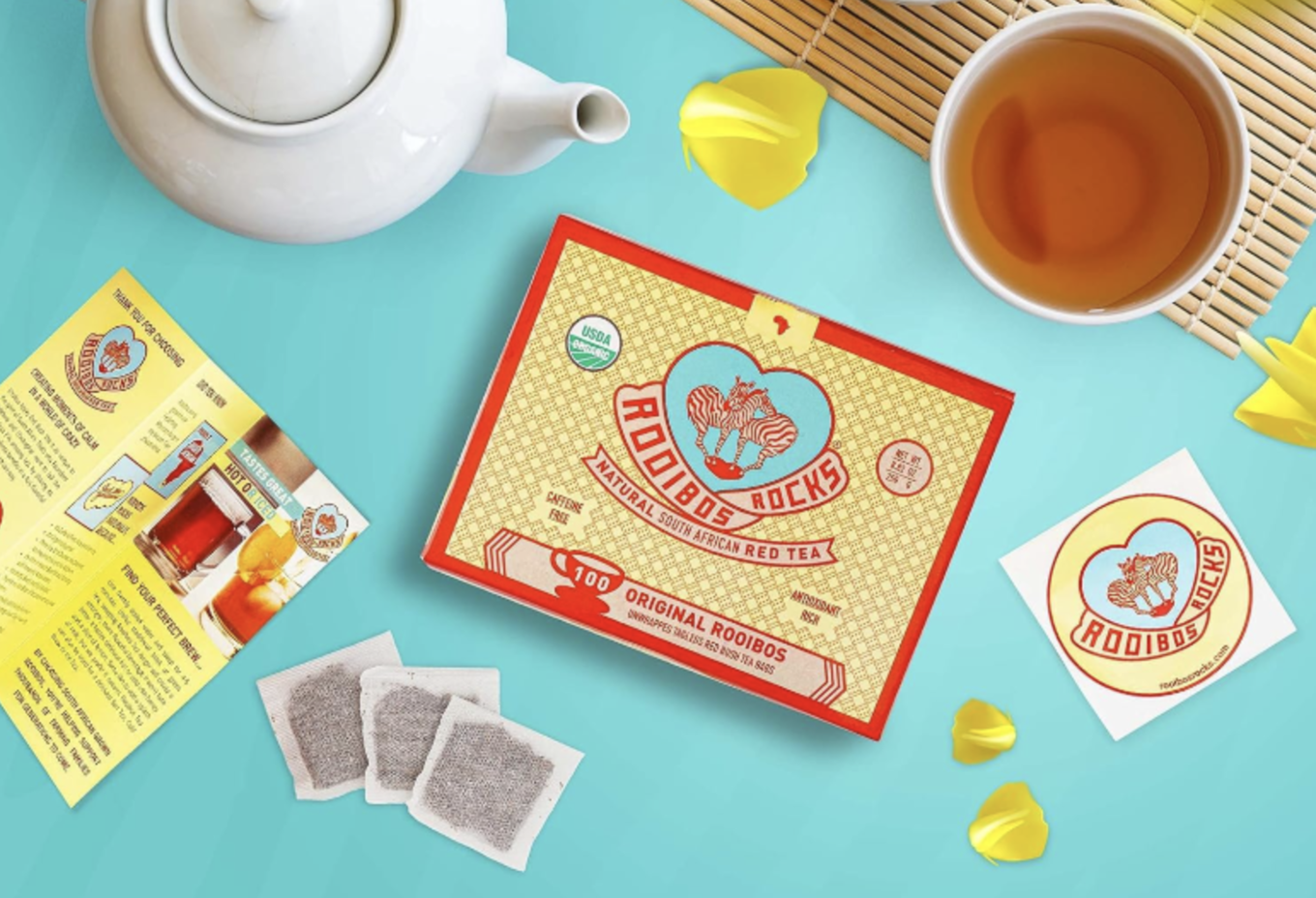 Rooibos Rocks
Rooibos Rocks
Best coffee alternative for pregnancy: Rooibos Rocks Organic Red Rooibos Tea Bags
Unlike coffee, rooibos tea—which is a naturally caffeine-free herbal tea from a shrub native to South Africa—is generally considered to be a safe drink to consume throughout pregnancy. It also might actually be beneficial: rooibos doesn’t contain tannins, like other teas, which can block iron absorption (iron needs tend to be higher during pregnancy) and it contains antioxidants, too.
Rooibos doesn’t taste like coffee; in fact, it’s actually quite sweet and fruity, but many people say they enjoyed switching from coffee to rooibos during pregnancy. “I fell in love with rooibos tea during my last pregnancy while I was avoiding caffeine,” said one Redditor. “Definitely recommend trying it.”
South Africa-based brand Rooibos Rocks is a popular brand of rooibos tea. Its biodegradable tea bags are filled with organic rooibos leaves, which were sourced from local farmers in South Africa.
$18.95 on Amazon
Best sustainable coffee alternative: Atomo Coachella Latte Blend
Atomo makes “beanless” coffee, without the actual coffee. Instead, it uses a blend of date seeds, Ramon seeds, lemon, pea protein, fenugreek, guava, millet, green tea caffeine, fructose, sunflower seeds, and baking soda to create a drink that is just as delicious as coffee but is far more sustainable.
In fact, according to Atomo, its beanless blend is “the most sustainable coffee on the planet,” due to the fact it’s made with upcycled ingredients, including rescued date pits from farms. Because of this it doesn’t require as many resources and uses 70-percent less farmland than the conventional coffee industry.
Atomo’s Coachella Latte Blend is only available in cafes and coffee shops. Head to Bluestone Lane coffee shop locations to give it a sip for yourself. You can also order the brand’s Arabica Coffee blend on Amazon.
Find out more
Best cold brew alternative: Voyage Foods Bean-Free Coffee
If you love cold coffee, keep an eye out for Voyage Foods’ Bean-Free Coffee. Similar to Atomo, it’s not actually made with coffee beans. Instead, it’s made with a mix of water, roasted chickpeas, rice hulls, green tea caffeine, and natural flavors. The result is a more sustainable cold brew that has the same deep, rich delicious taste as normal coffee.
Voyage Foods’ Bean-Free Coffee isn’t widely available yet, but keep an eye on its website and social media for updates.
Find out more
For more plant-based stories like this, read:
Here at VegNews, we live and breathe the plant-based lifestyle, and only recommend products we feel make our lives amazing. Occasionally, articles may include shopping links where we might earn a small commission, but in no way does this effect the editorial integrity of VegNews.

